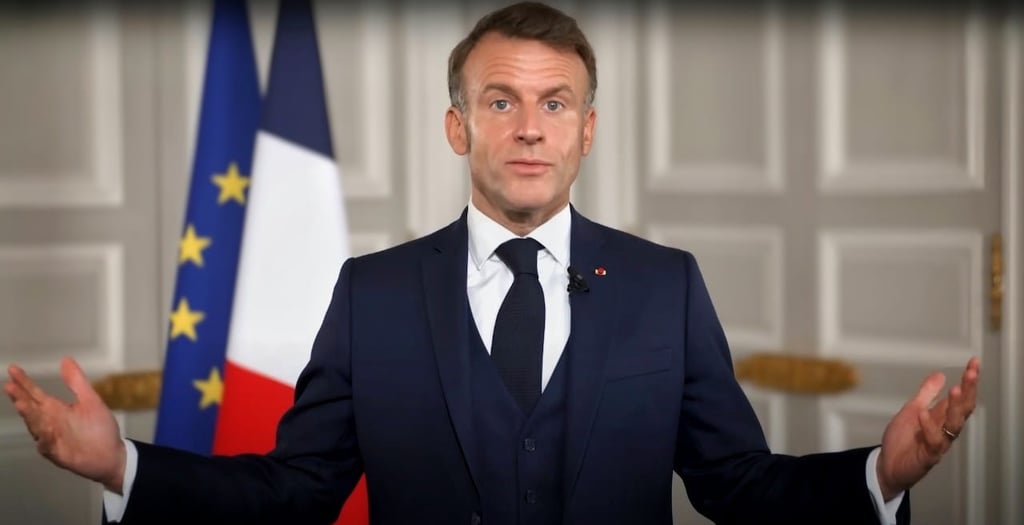Macron Refuses to Resign as Dual No-Confidence Motions Shake France | 13 Oct 2025
French President Emmanuel Macron vows not to resign despite two no-confidence motions in Parliament, sparking political turmoil in Paris on 13 Oct 2025.
Raja Awais Ali
10/13/20252 min read


Macron Refuses to Resign Despite Dual No-Confidence Motions in French Parliament
Paris, October 13, 2025 — French President Emmanuel Macron has firmly declared that he will not resign, even as two no-confidence motions have been filed against his government in the National Assembly — a move that has intensified France’s political crisis and deepened the nation’s power struggle.
Last week, Macron reappointed Sébastien Lecornu as Prime Minister and unveiled a new cabinet — a decision widely criticized by opposition parties as a political maneuver to consolidate control rather than confront France’s mounting economic and social unrest.
The two principal opposition forces — France Unbowed (LFI) on the left and National Rally (RN) on the right — have each submitted separate no-confidence motions scheduled for debate later this week. Should either motion pass, Lecornu’s newly formed government could collapse within days.
During a state visit to Egypt, Macron dismissed calls for his resignation, underscoring his commitment to national stability:
“I will continue to serve the French people. This is my responsibility and commitment — I will complete my term until 2027,” Macron stated.
He accused opposition lawmakers of undermining France’s democratic integrity and placing political ambition above the country’s economic recovery.
Macron’s centrist alliance no longer holds a parliamentary majority, forcing him to depend on cross-party negotiations for every major reform. Over recent years, he has cycled through several prime ministers, reflecting persistent instability inside his administration.
The Socialist Party has indicated conditional support, demanding that Macron reconsider his pension reform law and introduce a wealth tax on France’s richest citizens. Meanwhile, Prime Minister Lecornu insists his government will pursue “collective dialogue” and long-term reforms to restore public trust.
Political analysts warn that if the no-confidence votes succeed, Macron could be compelled to dissolve Parliament and call snap elections — a risky step that might reshape France’s political map. Nevertheless, sources close to the Élysée Palace say the president remains confident that enough centrist and moderate lawmakers will back him to survive the challenge.
Beyond France’s borders, the European Union is watching closely. Prolonged instability in Paris could unsettle the bloc’s unity and financial markets at a sensitive moment, amid the Ukraine war, energy shortages, and a slowing European economy.
If Macron overcomes this test, it may mark a defining moment of resilience in his presidency — strengthening his authority during one of modern France’s most turbulent political periods. But failure could push the nation toward renewed uncertainty and early elections, testing not only Macron’s leadership but the durability of European democracy itself.
Stay informed with the latest national and international news.
© 2025. All rights reserved.